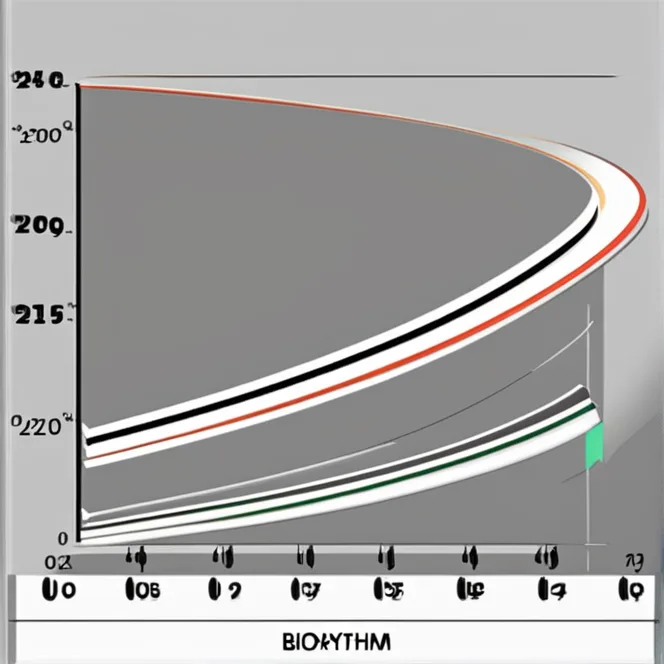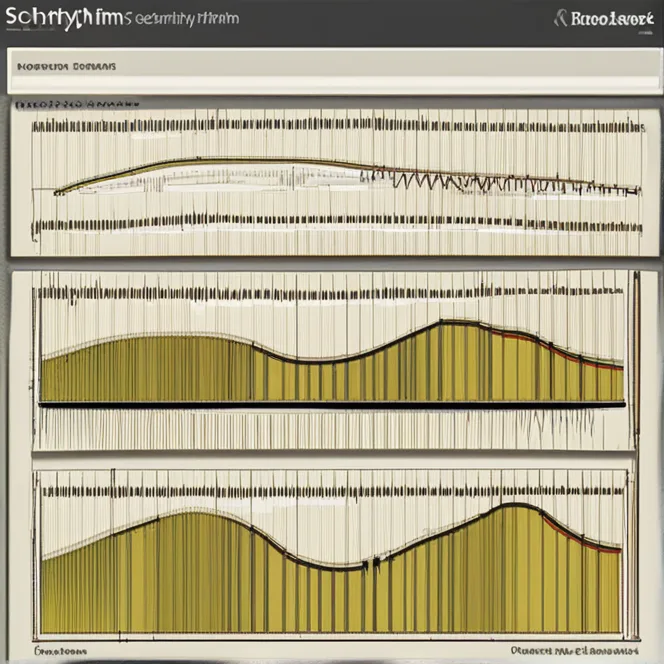
Examining The Reality Of Biorhythms
Explore the concept of biorhythms to understand if there's scientific support for this cycle-based approach to predicting personal vitality and compatibility.
article by Adrian Wallace
Biorhythms, a concept that suggests our lives are affected by natural physiological cycles, has intrigued human curiosity for decades. These cycles, which supposedly govern our emotional, physical, and intellectual faculties, are said to predict periods of high performance, low performance, or even critical experiences. Incidentally, the idea of biorhythms aligns neatly with the notion that humans are inherently connected with the natural world. Originated in the late 19th century and popularized in the 1970s, biorhythms are said to be calculable using a person's birth date. But the central question that persists is: are biorhythms a real and measurable aspect of our lives or merely pseudoscience?
Understanding the Biorhythm Theory
At the heart of biorhythm theory are three primary cycles: a 23-day physical cycle, a 28-day emotional cycle, and a 33-day intellectual cycle. Proponents suggest that understanding these rhythmic patterns can provide insights into a person's well-being and capabilities at any given time. Biorhythms supposedly ebb and flow, moving from positive phases to negative ones, influencing everything from athletic performance to decision-making. The framework extends to compatibility, purporting that relationships, professional or personal, can be analyzed through the synchronicity of two individuals' biorhythms. Despite its holistic appeal, the theory's lack of empirical evidence invites skepticism from the scientific community.

Scientific Scrutiny of Biorhythms
Science relies heavily on empirical evidence and reproducibility, and it is here that biorhythms face their greatest challenge. Numerous studies have attempted to validate the claims of biorhythm theory, but consistent, reproducible results have been elusive. A key issue is the individual variance in human physiology and behavior, which is difficult to capture in a rigid, cyclic model. Scientifically speaking, while circadian rhythms—a distinct and well-studied phenomenon—are widely accepted due to conclusive evidence, biorhythms have not met such stringent criteria and, as such, remain classified by many as a pseudoscience.
Psychological and Placebo Effects
Regardless of the lack of scientific evidence for biorhythms, the theory might hold value for some individuals on a psychological level. The belief in biorhythms and their influence can have a placebo effect, arguably leading to improved performance or well-being simply because one expects it to. Additionally, the practice of regularly checking biorhythms can lead to increased self-awareness and, as a result, more mindful behavior. While these effects do not validate the physiological claims of biorhythm theory, they do highlight the complex relationship between belief, perception, and personal experience.

Biorhythms in Modern Culture
Despite scientific skepticism, biorhythms continue to capture the public's imagination, integrating themselves into various aspects of modern culture. Self-help industries and alternative lifestyle advocates often reference biorhythms, offering personalized readings and compatibility reports. The digital age has further facilitated this, with numerous apps and websites dedicated to calculating and interpreting one's biorhythmic cycles. It appears that the fascination with personal cycles and the quest for understanding our place within natural rhythms persists, regardless of the scientific verdict on their reality.
Final Thoughts
Is biorhythm real? From a scientific perspective, biorhythms have not proven to be a reliable or valid measurement of physiological or behavioral patterns. Yet, the concept maintains a certain allure that can have subjective, psychological benefits for individuals who choose to believe in it. As with many fringe theories, personal experience and belief can be powerful—even in the absence of scientific affirmation. Ultimately, while biorhythms may not be 'real' in a scientific sense, they remain a topic of curiosity and personal relevance for some.
Published: 12/11/2023
Modified: 12/11/2023
More predictions
Come back here soon to learn more about yourself and your future

